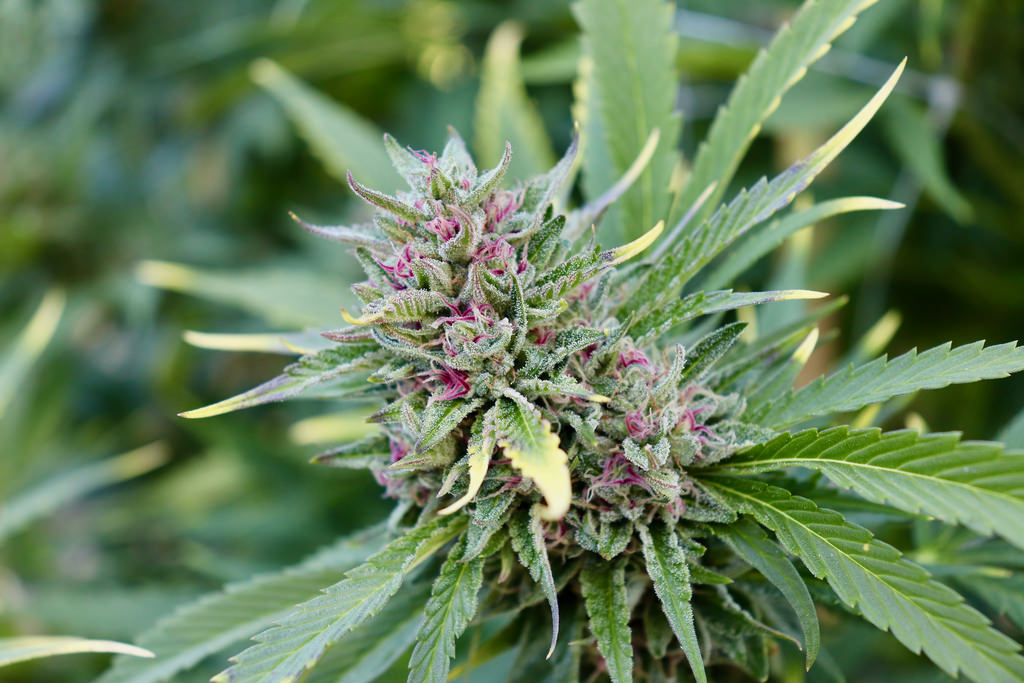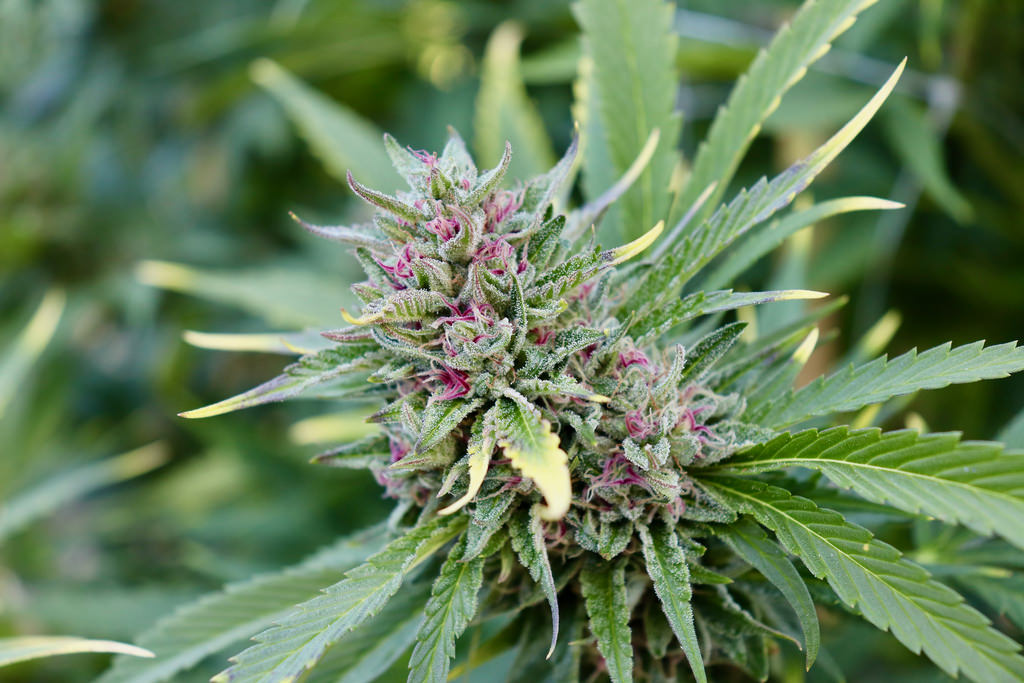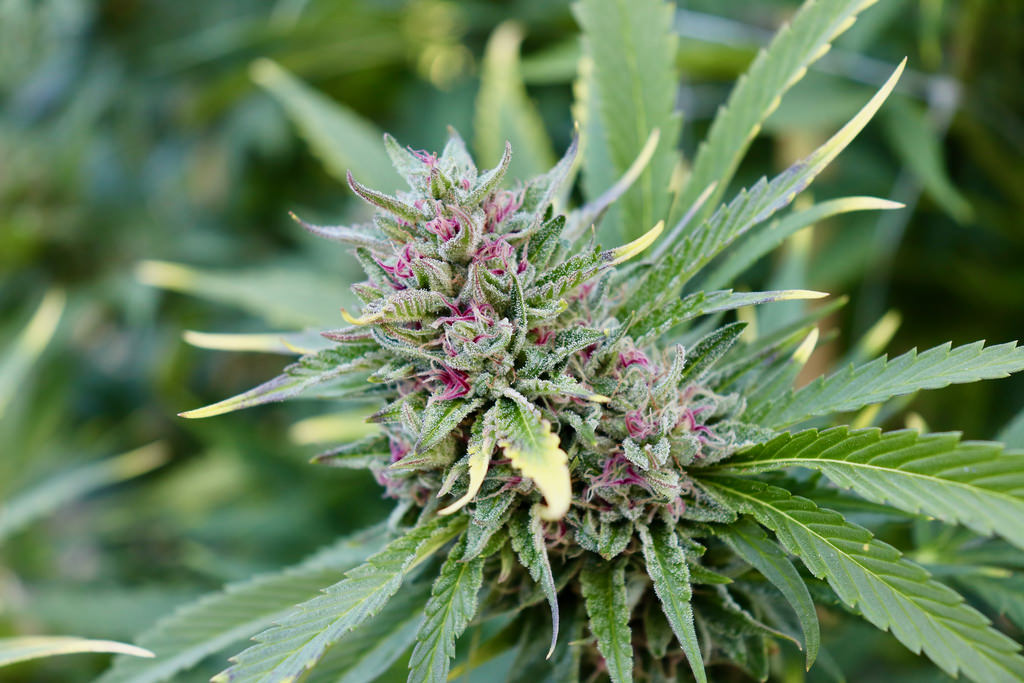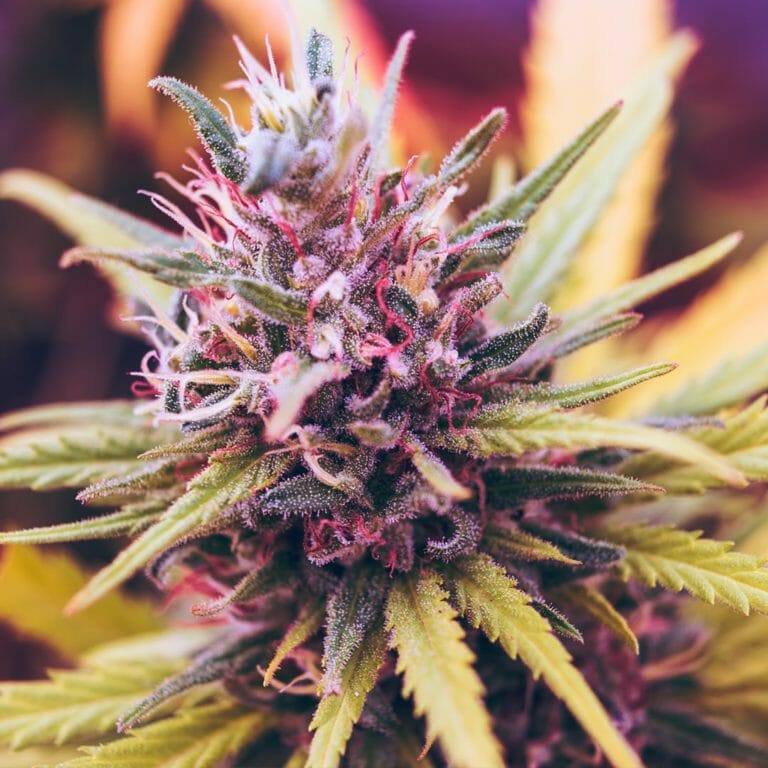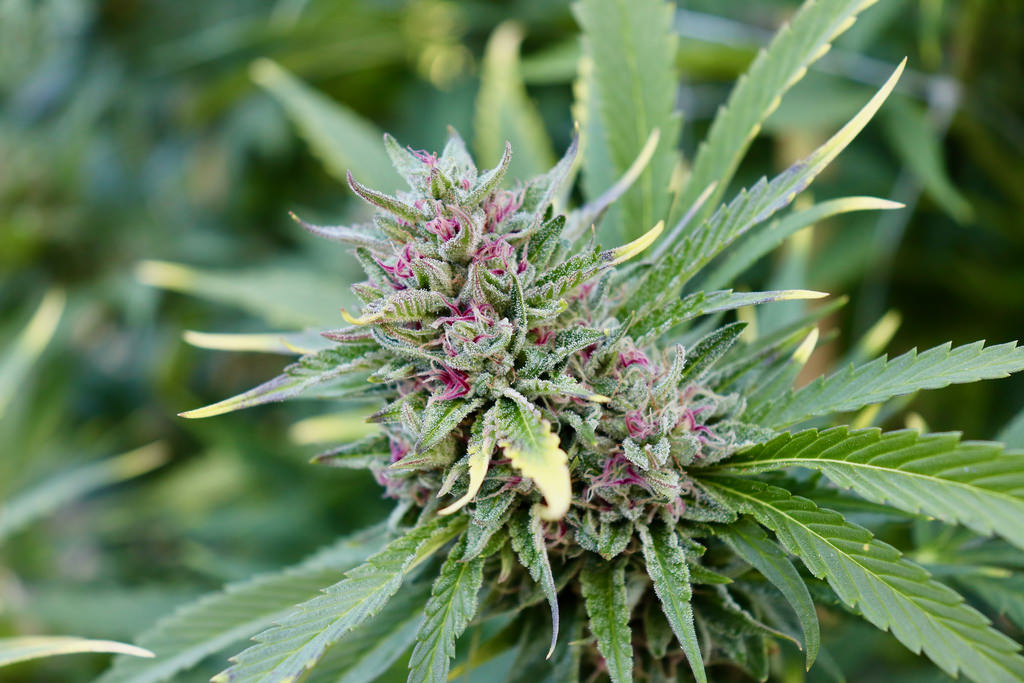INTRODUCTION
CBD vs THC: UK Patient’s Guide to Choosing the Right
Cannabis contains many compounds, but two main ones stand out in therapeutic use: CBD (cannabidiol) and THC (tetrahydrocannabinol). Although chemically similar, their effects, uses, legality, and safety profiles differ significantly, especially in the UK. This guide will help you understand their differences and choose what may be right for you.
—
2. WHAT ARE CBD AND THC?
2.1 CBD (CANNABIDIOL)
Non‑intoxicating: It doesn’t produce a “high.”
Source: Primarily derived from industrial hemp.
Mechanism: It acts indirectly on the endocannabinoid system (ECS), influencing serotonin, GABA, and dopamine signaling.
Medical uses: Approved in the UK for rare epilepsy syndromes (Dravet, Lennox‑Gastaut, tuberous sclerosis) as Epidyolex®.
2.2 THC (TETRAHYDROCANNABINOL)
Intoxicating: Causes euphoria and altered perception via CB1 receptor activation.
Source: Derived from marijuana (high-THC plants).
Medical uses: Effective for pain, nausea, appetite loss, spasticity, especially in THC:CBD sprays like Sativex®.
—
3. LEGAL STATUS IN THE UK
3.1 CBD
Broadly legal if it contains <0.2% THC, sold as a food/supplement.
Regulatory environment:
Subject to novel food rules (FSA requires safety assessments).
No marketing of medical claims permitted unless MHRA‑licensed.
Maximum recommended daily dose by FSA is 70 mg (cut to 10 mg for general safety advice).
3.2 THC
Controlled substance: Possession without prescription is illegal (Class B).
Medical THC: Available only as part of CBPMs (e.g., Sativex®, Nabilone, Nabilone is synthetic THC-like).
Prescription access: Via specialist consultants after failure of conventional treatments, mainly for epilepsy, MS spasticity, chemotherapy effects.
—
4. HOW CBD AND THC WORK (PHARMACOLOGY & PHARMACOKINETICS)
4.1 Interactions with the ECS
CBD: Positive allosteric modulator of CB1 receptor, also interacts with GPR55, 5‑HT1A, dopamine, and GABA pathways.
THC: Directly engages CB1 (brain, nervous system) and CB2; responsible for psychoactivity.
4.2 Absorption & half‑life
Oral bioavailability: ~6% for both; CBD peaks ~2 hours, THC ~2–6 hours.
Alternative routes: Sublingual and rectal improve absorption (16–13.5%).
Elimination: Excreted mostly in feces; THC half‑life ~25–36 h, CBD ~18–32 h.
—
5. THERAPEUTIC USES AND EVIDENCE
5.1 CBD
Epilepsy: Robust evidence for its use in specific syndromes—Epidyolex® approval.
Chronic pain & inflammation: Some moderate evidence, especially in arthritis and neuropathic pain.
Anxiety & sleep: Helpful in reducing anxiety-related insomnia.
Other areas: Neuroprotection, IBD, skin conditions—early-stage data only.
5.2 THC
Pain: Good evidence for chronic neuropathic pain, fibromyalgia, migraines.
Spasticity (MS): THC:CBD spray improves MS–related spasticity; NICE supports its use.
Chemotherapy side-effects: Synthetic THC (Nabilone) helps with nausea/vomiting.
Appetite: Use in cachexia from HIV or cancer.
5.3 CBD + THC (“ENTOURAGE EFFECT”)
Combined products may offer greater benefits, especially in pain and spasticity, while CBD can mitigate some THC side effects.
—
6. SAFETY, SIDE EFFECTS & RISKS
6.1 CBD
Generally well-tolerated, with common side effects including fatigue, appetite changes, diarrhea, dizziness, sedation, liver enzyme elevation.
Drug interactions: Affects liver enzymes (CYP450) — possible interactions with anticonvulsants, SSRIs, statins.
Regulatory concerns: Unlicensed CBD products may be inaccurately labeled or contaminated with pesticides or THC.
6.2 THC
Short‑term: Dry mouth, red eyes, increased heart rate, impaired coordination and memory, dizziness, anxiety.
Long‑term: Potential risk of addiction, psychosis, cognitive impairment—especially in adolescents and heavy users.
Legal implications: THC may appear on drug tests; driving above 2 μg/L in blood is illegal even if not intoxicated.
—
7. LEGAL AND PRESCRIPTION ACCESS PATHWAYS
7.1 Over-the‑counter CBD
Available: Online, health-food shops, UK high street.
Caveats: Ensure lab-tested THC <0.2%, be sceptical of medical claims.
7.2 Medicinal cannabis (CBPMs)
NHS prescriptions: Rare, for severe epilepsy (Epidyolex), MS spasticity (Sativex), chemotherapy nausea (Nabilone).
Private clinics: Curaleaf, Sapphire, Celadon, etc., can prescribe a range of CBPMs for chronic pain, PTSD, etc.
Prescriber requirements: Must be GMC‐registered specialist; GPs must operate under shared-care.
Monitoring and reviews: Adverse events monitored, interaction checks essential. Driving guidance considered.
—
8. CHOOSING BETWEEN CBD, THC, OR BOTH
CONSIDERATIONS CBD ONLY THC‑DOMINANT / COMBINED
Need to avoid intoxication ✅ Safe for daytime use ⚠️ Use low doses; CBD can moderate effects
Primary concern is pain Moderate relief; works for some types Stronger effect, especially in neuropathic pain
**Spasticity (e.g., MS)** Limited ✅ THC:CBD spray recommended
Epilepsy ✅ Clear evidence (Dravet, Lennox‑Gastaut) Not first choice; THC risk in brain development
Anxiety or sleep ✅ Favourable profile 😐 Risk of anxiety/paranoia if dosage too high
Legal/career constraints ✅ Generally safe; no test risk if <0.2% THC 🚫 Unsuitable if tested for drugs
Prescription access Flexible OTC; private pharmacy Specialist prescription required
—
9. PRACTICAL GUIDANCE FOR UK PATIENTS
9.1 If you decide on CBD
Choose lab-tested products (<0.2% THC) with third‑party certification.
Start with a low dose (10–20 mg/day), assess tolerance and effects.
Monitor liver function if using >70 mg or high-dose.
9.2 If considering THC or THC:CBD products
Visit a specialist at an NHS clinic or reputable private clinic.
Undergo a full assessment of other treatments, history, and risks.
CBD vs THC: UK Patient’s Guide to Choosing the Right
Begin with low doses and titrate under supervision.
Follow legal guidance on driving limits and carry prescription evidence
CBD vs. THC: Which Is Right for You? | UK Patient’s Guide
—
10. SUMMARY – WHICH IS RIGHT FOR YOU?
CBD: Non-intoxicating, widely available, evidence strong for epilepsy, emerging for pain/anxiety/sleep. Low risk with correct sourcing.
THC (CBPMs): More potent in pain, appetite, spasticity. Requires prescription, carries intoxicating effects and legal restrictions.
Combination therapy: May offer synergy, especially for chronic pain and spasticity. CBD can lessen THC side effects.
Safety/legality: CBD is safe and legal under conditions; THC demands clinical supervision and carries psychoactive risk.
CBD vs. THC: Which Is Right for You? | UK Patient’s Guide

